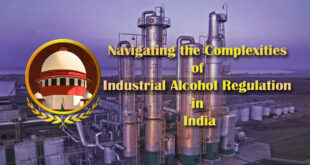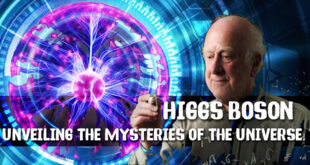Last year, amendments to the Companies Act caused one of the biggest disruptions to India Inc’s functioning in recent times. Under the new Act, all companies were mandatorily required to rotate their auditors, the people who draw up and certify the financial state of health of any business enterprise. Rotating auditors This is a bigger deal than it appears. Many of India’s largest companies have had a long relationship with their external auditors. Reliance Industries was audited by Chaturvedi & Shah for more than 36 years and Infosys by BSR & Co for more than 17 years. Tata Steel had Deloitte Haskine & Sells auditing its books for a while too. After such a long period, a change means much more than merely signing a new contract. This does not mean that anyone had complained about Reliance Industries or Infosys or Tata Steel’s accounts. However, post the Satyam fiasco, when more and more instances of malpractices that were overlooked, condoned or even actively abetted by auditors came to light, the government felt that mandatory rotation would at least solve the problem of “proximity” (when auditors work so closely with their subject firms that they lose the arms-length relationship necessary to maintain neutrality and fairness). Audit firms have sweeping powers to examine every financial dealing of a company. They have a clearer view of a company’s workings than most others, including minority shareholders. But they are still external parties and have no powers to take decisions on a company’s behalf. If proximity is a problem in such a case, imagine what happens with those in a company dealing with an all-powerful CEO. Although the Companies Act and the listing requirements of stock exchanges in the case of publicly held companies specify who can become the director on a company’s board, mandate appointment of independent directors, and specify independent directorial oversight of crucial sub-committees, the reality is that strong-willed CEOs and promoters can — and do — get to have their way in almost all these areas. Nothing exemplifies this better than IL&FS, the government’s new Rs. 90,000 crore headache. It’s only after the government superseded the IL&FS board and appointed a new six-member board under the stewardship of senior banker Uday Kotak that the extent of the rot at IL&FS began to emerge. When the new board took over, it expected to deal with IL&FS and 167 subsidiaries. But in the board’s first report to the government, submitted earlier this month, it emerged that IL&FS had more than twice as many subsidiaries (347), held through four layers of holding companies and scattered across the globe. The true extent of debt was hidden through intra-group loans. The company had no firewalls and no financial oversight. A listed firm’s Risk Management Committee, a critical entity in the case of a financial services firm, is tasked with reviewing key decisions relating to asset and liability management, reviewing financial and market risks related to executive decisions, and ensuring compliance with regulatory requirements. It is required to have two-thirds of its members as independent directors. In IL&FS’s case, the Risk Management Committee had met only once in the last four years. How did this happen? Ravi Parthasarathy, the man who helmed IL&FS for more than 30 years (he quietly quit just days before the roof collapsed on IL&FS), appears to have managed to secure a board which rubber-stamped all his decisions. In fact, both the top leadership of the company — Vice-Chairman Hari Sankaran and CEO Arun Saha — were with the firm for more than 25 years, as were independent directors like R.C. Bhargava, who joined the board in 1990. Former LIC chairman Sunil Mathur joined in 2005 and former bureaucrat Michael Pinto joined as far back as 2004.
Source : https://www.thehindu.com/todays-paper/tp-opinion/when-ceos-linger-too-long/article25529143.ece
 Chinmaya IAS Academy – Current Affairs Chinmaya IAS Academy – Current Affairs
Chinmaya IAS Academy – Current Affairs Chinmaya IAS Academy – Current Affairs



